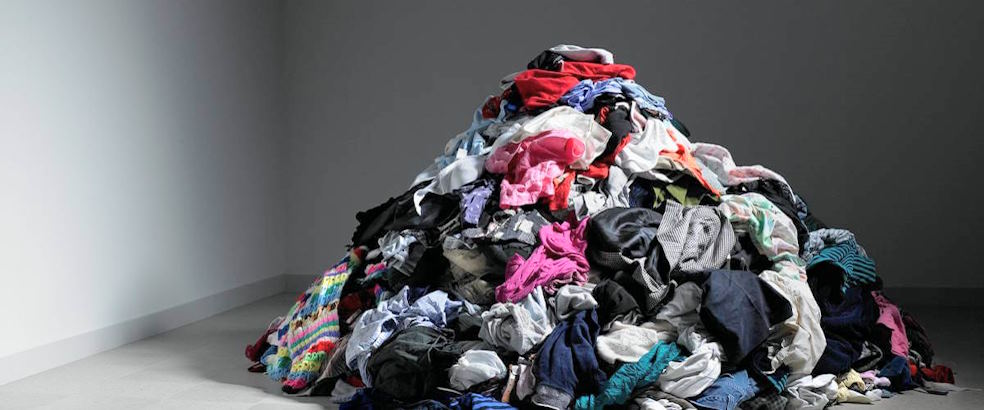
Navigating the ever-evolving landscape of sustainable fashion in 2025 is not just a slogan but an essential practice for the fashion-forward consumer. With the industry's focus sharply tilted towards eco-friendly practices, shopping responsibly has never been more stylish or accessible. Prepare to be inspired and empowered as we delve into how you can make conscientious choices that reflect both your values and your impeccable taste.

The Greener Runways: A Shift in Priorities
In recent years, the fashion world has undergone a seismic shift toward sustainability, as seen in the Spring 2025 fashion trends. The move is no longer just a nod to environmental consciousness but a dedicated strategy woven into the fabric of brands worldwide. According to Goodwill NCW, there has been a discernible increase in the use of recycled materials by top designers—a trend that mirrors broader consumer expectations.
Fashionista Jasmine Tookes highlights the shift: "It's not just about what we wear but how it’s made. The story behind a piece can be just as compelling as the design itself."
Eco-Conscious Brands: Champions of Change
The rise of eco-friendly brands has been meteoric, offering consumers choices that are as kind to the planet as they are to the eye. Stella McCartney continues to be a trailblazer, consistently integrating sustainability into her collections. Other brands like Reformation and Everlane have made a name for themselves by emphasizing transparency in their production processes and materials.
Expert fashion analyst Noémie Voyer from trend analytics platform Heuritech elaborates, "The brands that will thrive in 2025 are those that balance creativity with sustainability, crafting pieces that are both innovative and environmentally responsible."
Thrift and Vintage: Timeless Treasures
Thrift shopping and vintage finds are not merely a pastime but a cornerstone of sustainable fashion. By giving pre-loved items a new home, you are actively participating in the cycle of fashion without the hefty carbon footprint. This practice not only champions sustainability but also offers a treasure trove of unique styles that can't be found in mainstream retail.
Goodwill's initiative to eliminate non-biodegradable plastics from their stores further underscores how second-hand shopping can contribute positively to environmental efforts. "Shopping second-hand extends the life of used goods, promoting responsible consumption," notes a Goodwill representative.
Practical Tips for Sustainable Shopping
-
Know Your Labels: Look for certifications such as GOTS (Global Organic Textile Standard) and Fair Trade, which ensure ethical production practices.
-
Invest in Quality: Opt for timeless pieces that transcend seasons. High-quality garments are not only more durable but also act as the foundation of a versatile wardrobe.
-
Capsule Wardrobe: Embrace the concept of a capsule wardrobe—a curated collection of essentials that you can mix and match, reducing the need for excess clothing.
-
Support Local: Buying from local artisans reduces the carbon footprint associated with transporting goods over long distances and supports local economies.
-
Repair, Don’t Replace: Develop the habit of repairing garments instead of discarding them at the first sign of wear. Not only is this sustainable, but it also adds character to your clothing.
The Future of Fashion: A Collective Vision
By 2025, sustainability is not just a trend but a necessary evolution. As consumers become more aware of the impact of their choices, the demand for eco-friendly options will continue to rise. Fashion Week runways, from Paris to Milan, are already reflecting this shift with designers showcasing collections that prioritize sustainable practices.
The transformation of the fashion industry into a beacon of sustainability is a collective effort. By making informed choices and supporting brands that share this vision, consumers play a pivotal role in driving change. "Sustainable fashion is about understanding the deeper narrative of your attire," explains Voyer. "It's about being part of a movement that values the planet and its people."
In a world where fashion is often seen as fleeting, embracing sustainability is an act of empowerment and self-expression. As we step into this greener era, let your style be a reflection of your commitment to a healthier, more sustainable planet.